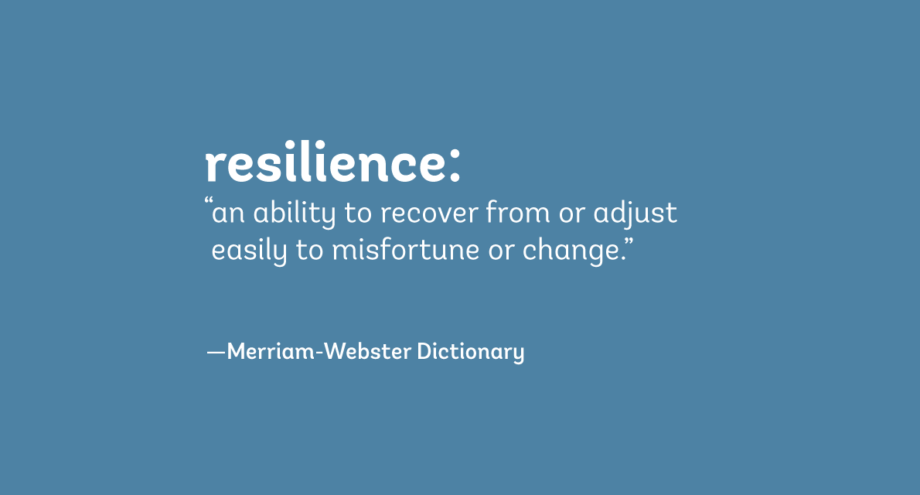Navigating the tumultuous waters of adolescence comes with its own set of challenges. As caregivers, our role extends beyond physical well-being to encompass the mental health of teenagers. This blog post aims to provide a roadmap, offering guidance on the best ways to support teenagers in coping with mental health concerns.
Understanding Teenage Mental Health:
Teenagers experience a whirlwind of emotions as they grapple with identity, peer relationships, academic pressures, and hormonal changes. It’s crucial for parents and caregivers to recognize the signs of mental health concerns and initiate open, non-judgmental conversations.
- Foster Open Communication:
Establishing a foundation of trust and open communication is paramount. Create an environment where teenagers feel safe expressing their thoughts and emotions. Actively listen without judgment, providing a supportive space for them to share their struggles. - Encourage Professional Support:
If you notice persistent signs of mental health concerns, encourage seeking professional help. A mental health professional can provide the expertise needed to navigate challenges and develop coping mechanisms. Normalize the idea that seeking help is a sign of strength. - Educate on Coping Strategies:
Equip teenagers with a toolbox of coping strategies. Teach mindfulness techniques, deep-breathing exercises, and the importance of self-care. Additionally, explore creative outlets such as art, music, or writing as avenues for emotional expression. - Destigmatize Mental Health:
Work towards destigmatizing mental health within the family and community. Engage in open conversations about mental health, emphasizing that it’s a natural aspect of overall well-being. By reducing stigma, we create an environment where seeking help is normalized. - Establish Routine and Structure:
Consistency in routine and structure provides a sense of stability, which is particularly beneficial for teenagers facing mental health challenges. A predictable routine can contribute to a sense of control and security. - Monitor and Limit Screen Time:
Excessive screen time, especially on social media, can impact mental health. Be aware of online interactions and encourage healthy digital habits. Balancing screen time with offline activities promotes a more holistic approach to well-being. - Involve School and Community:
Collaborate with teachers, school counselors, and community resources. Schools often have support systems in place, and involving them can create a unified approach to supporting a teenager’s mental health. - Be Mindful of Peer Relationships:
Peer relationships play a significant role in a teenager’s life. Encourage positive friendships and be aware of any signs of bullying or toxic relationships. Open discussions about healthy peer dynamics contribute to overall mental well-being.
The journey of supporting teenagers through mental health concerns is nuanced, requiring a blend of empathy, understanding, and proactive engagement. By fostering open communication, encouraging professional support, and promoting coping strategies, we contribute to a foundation of resilience that will serve teenagers well into adulthood. As caregivers, let’s be the anchors that guide them through the storms, ensuring they emerge stronger and more resilient on the other side.









